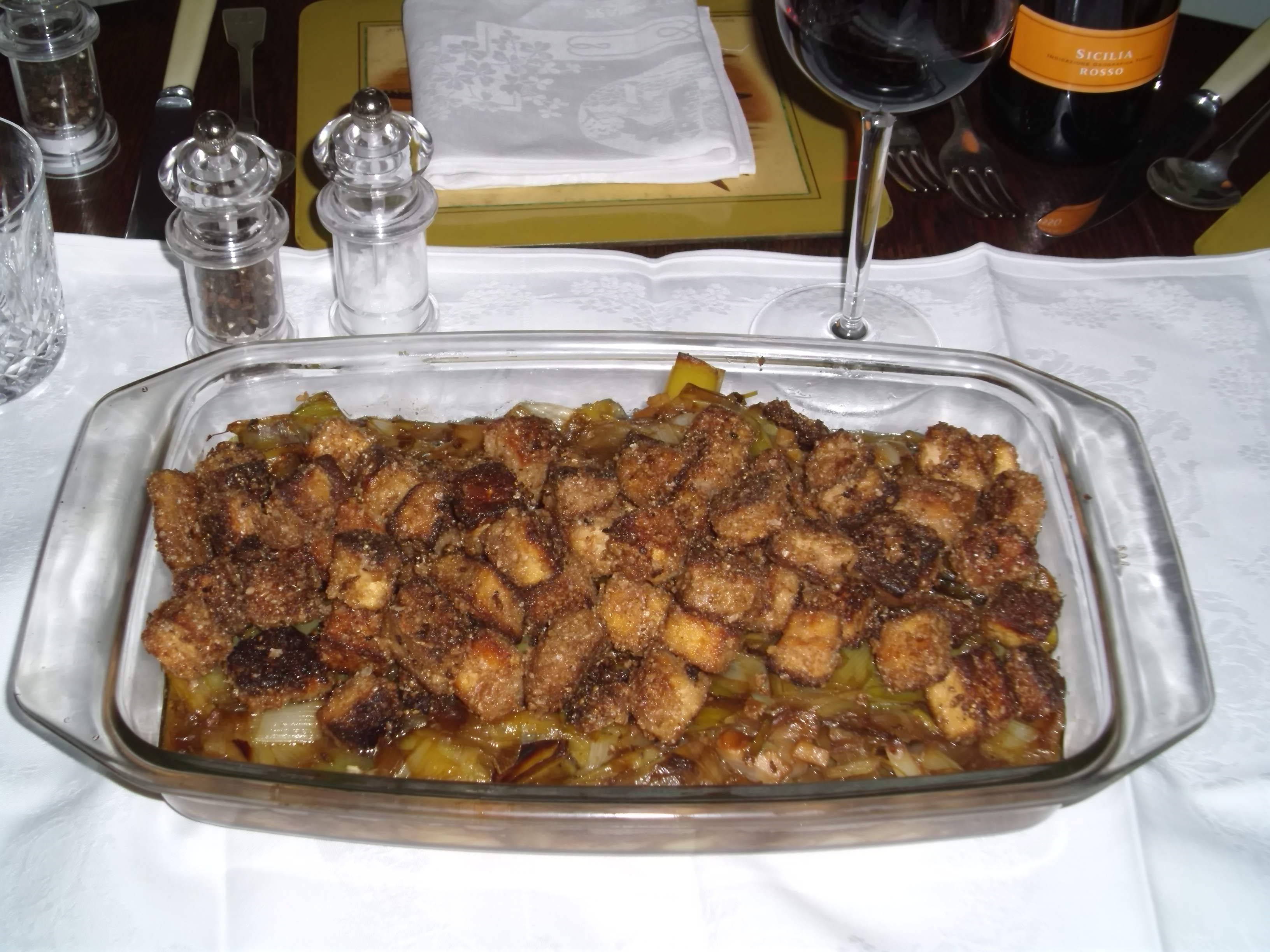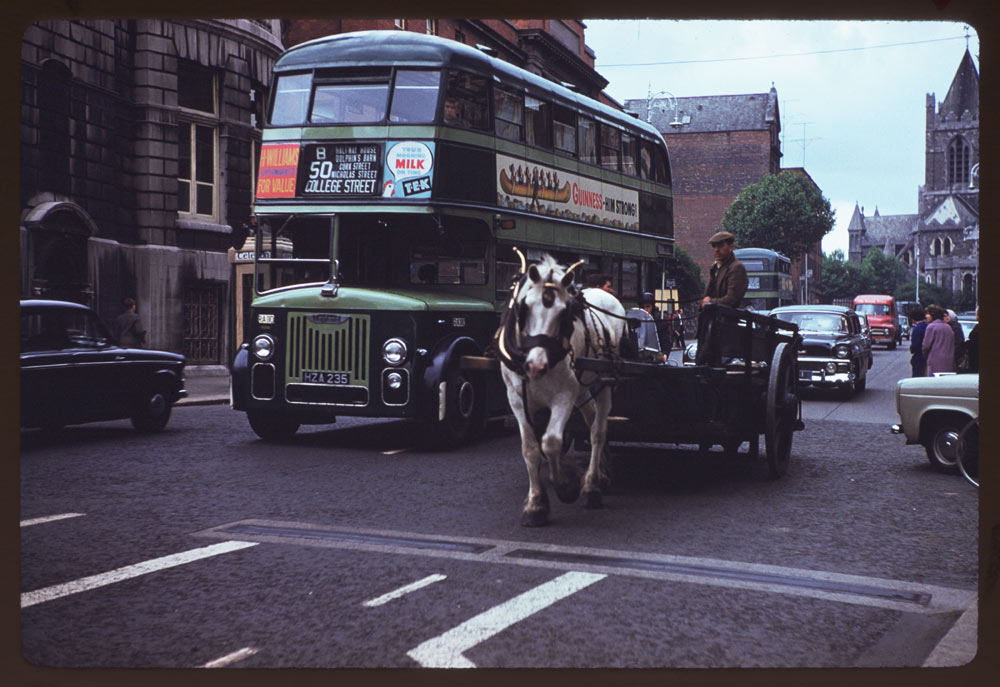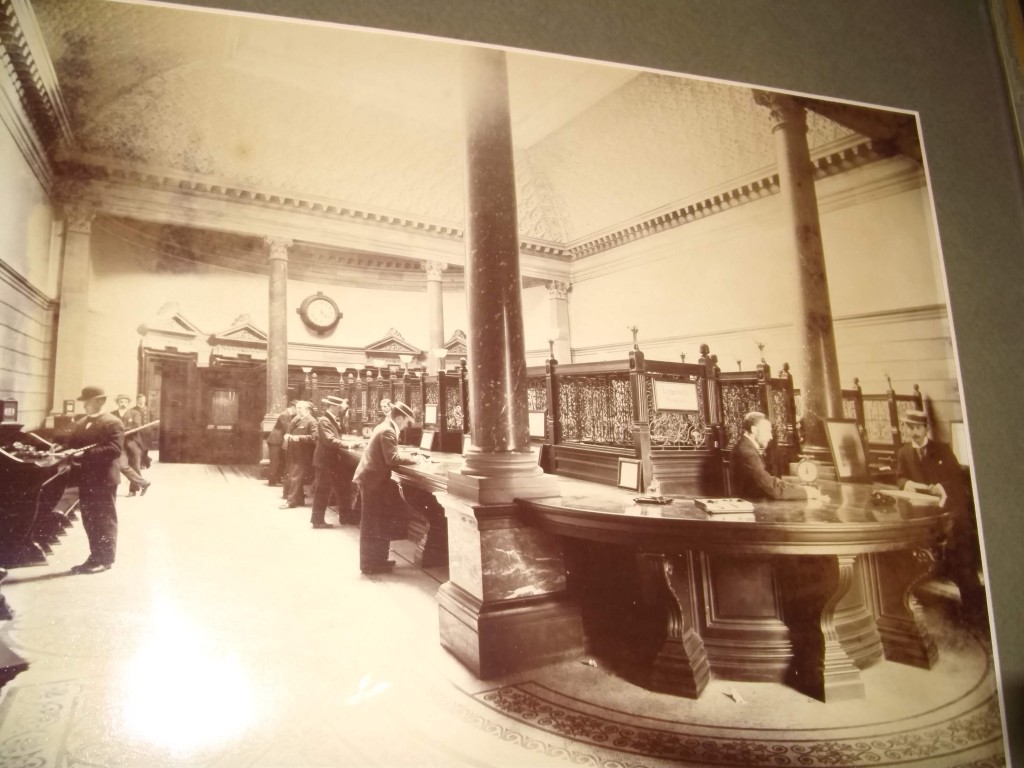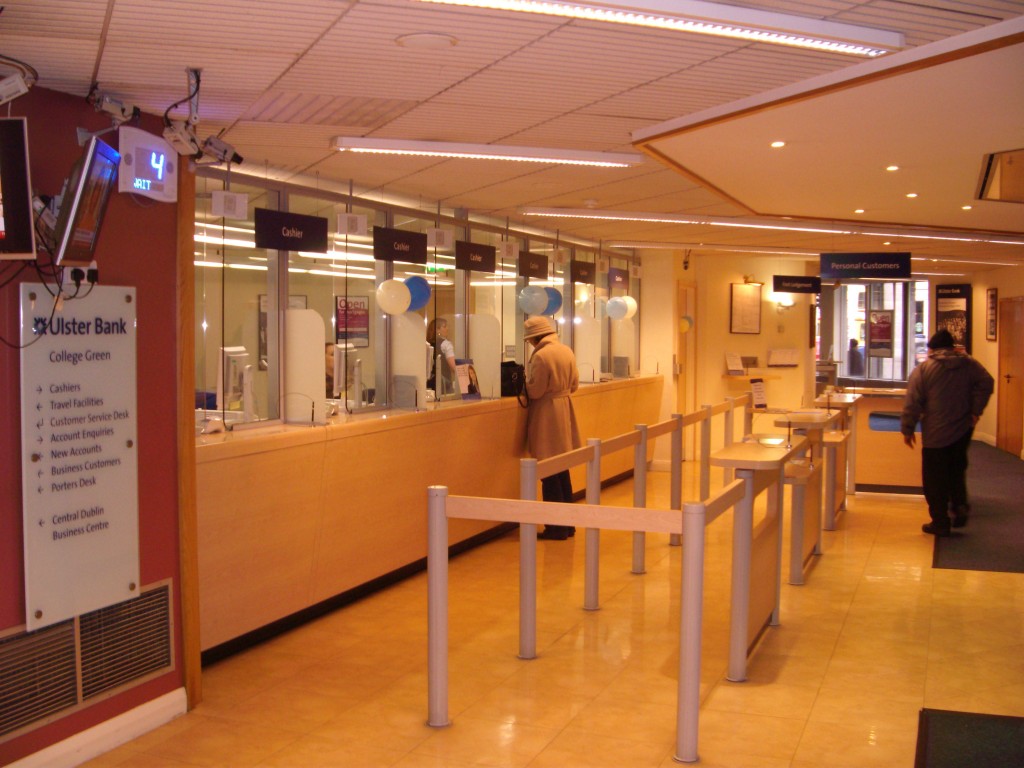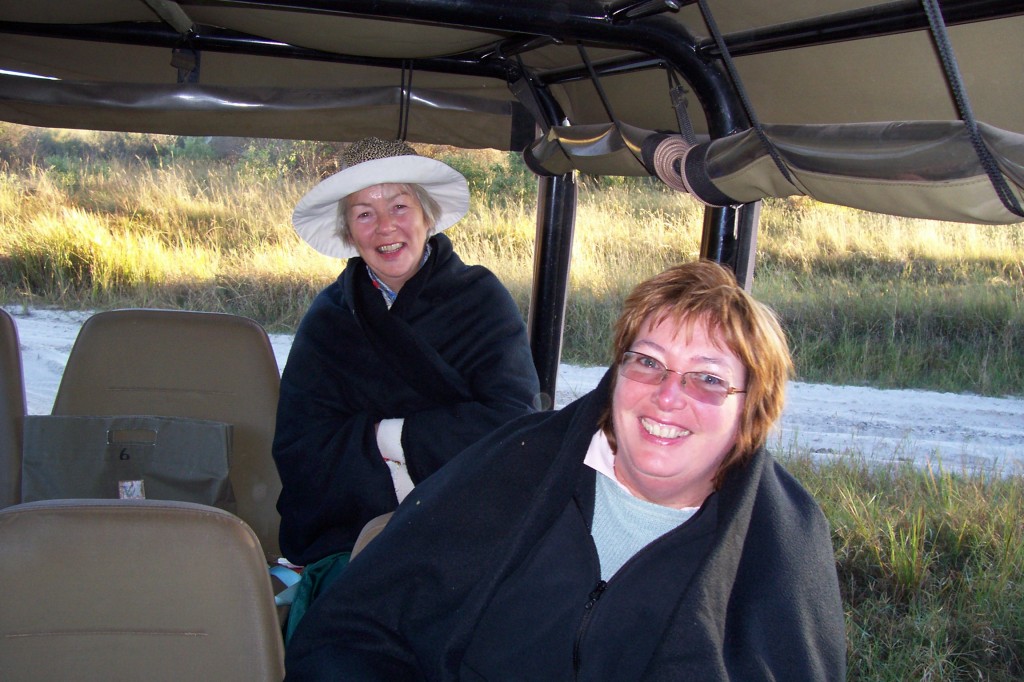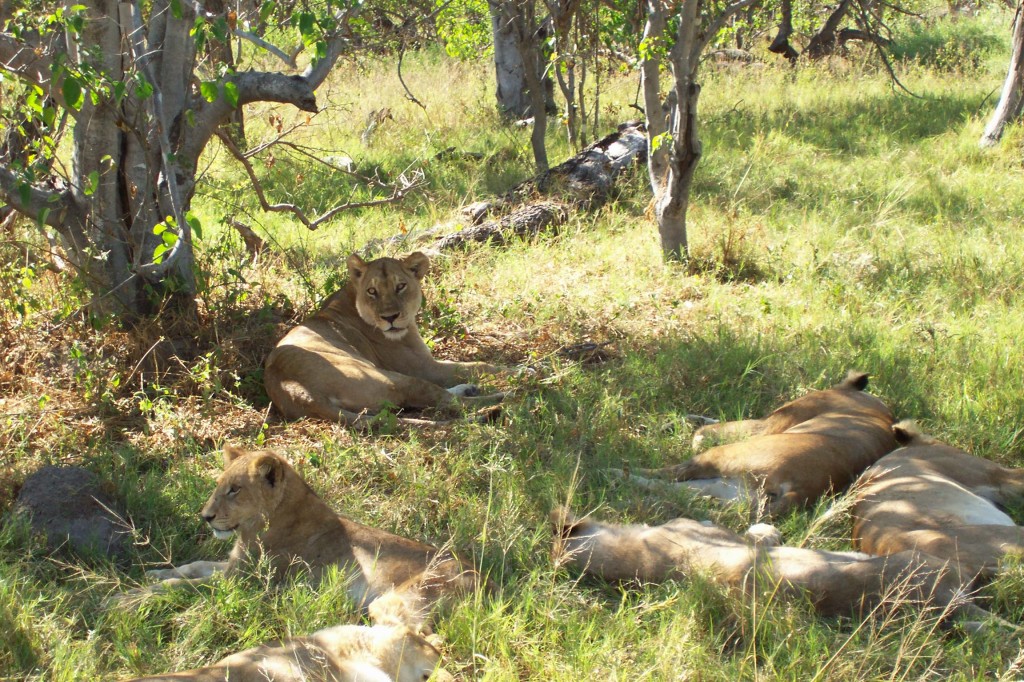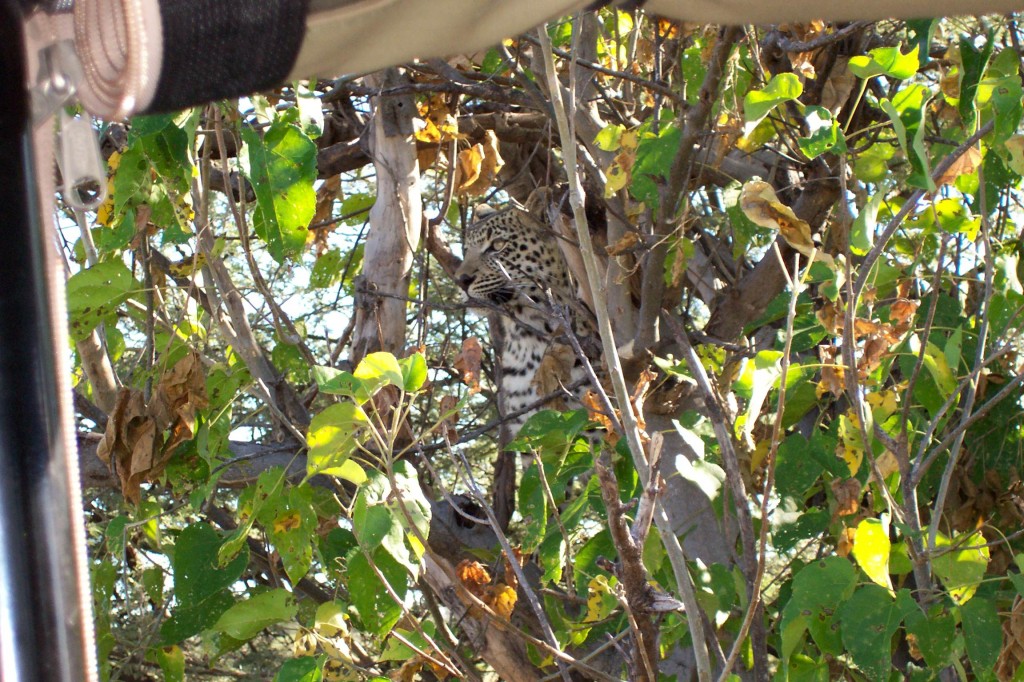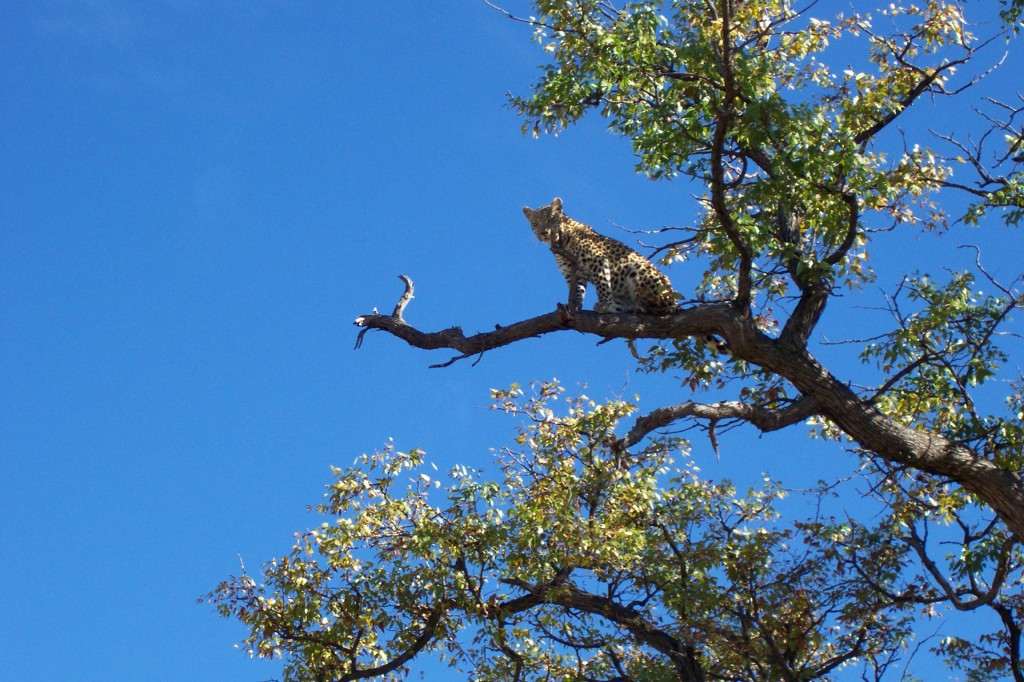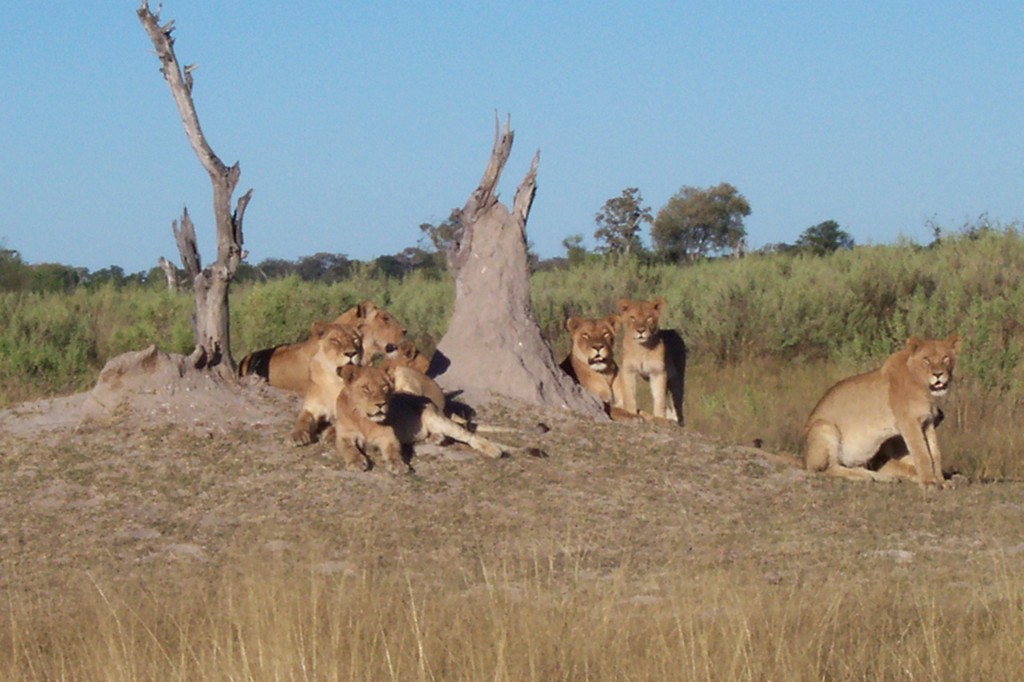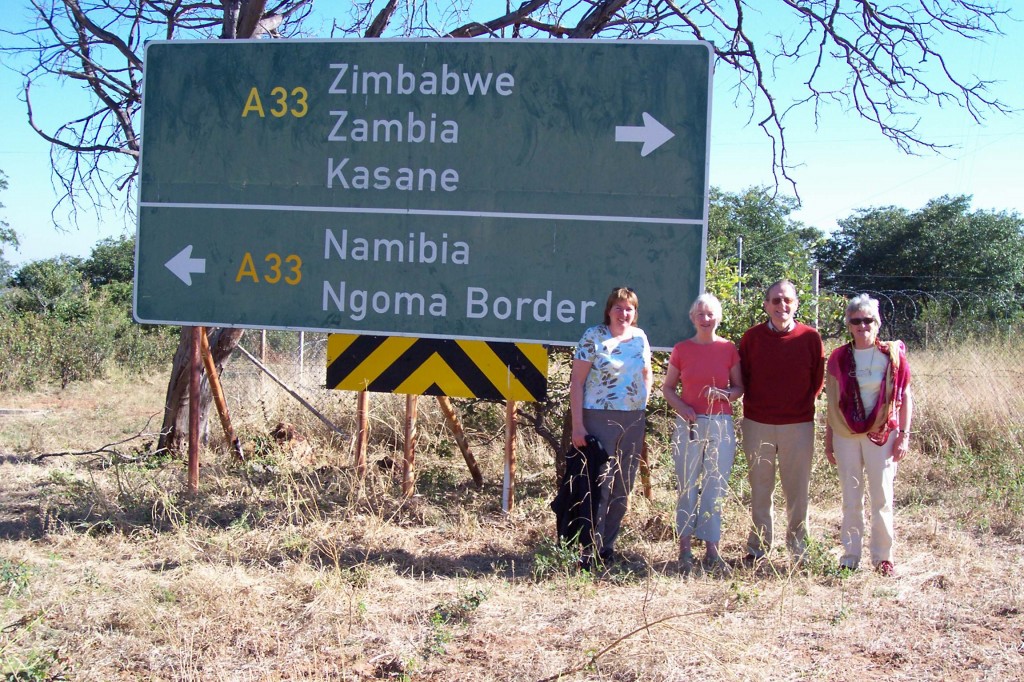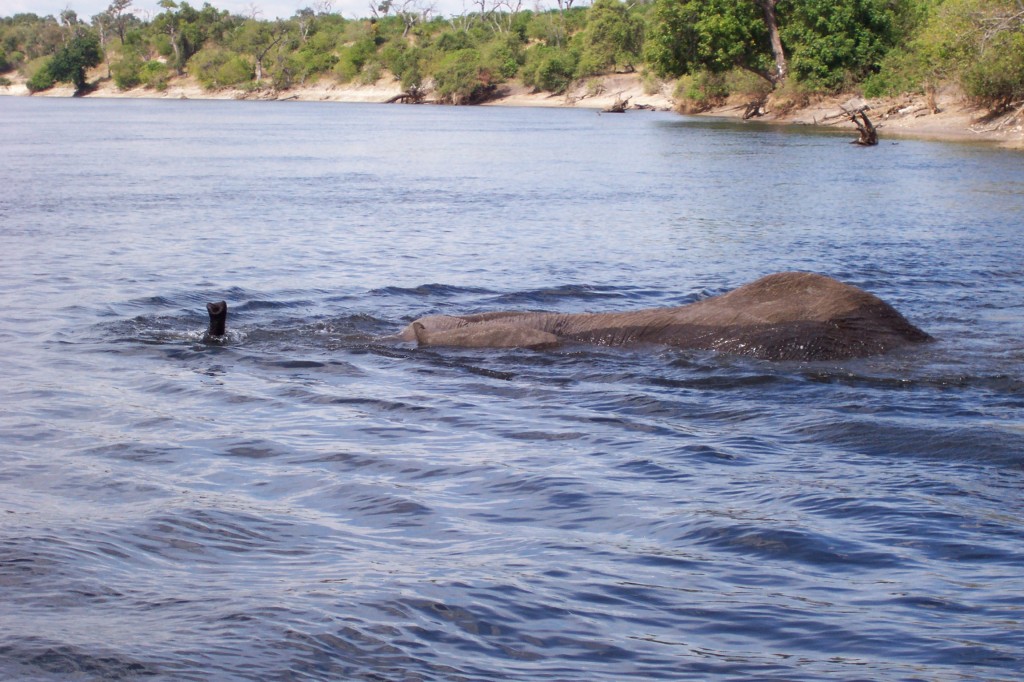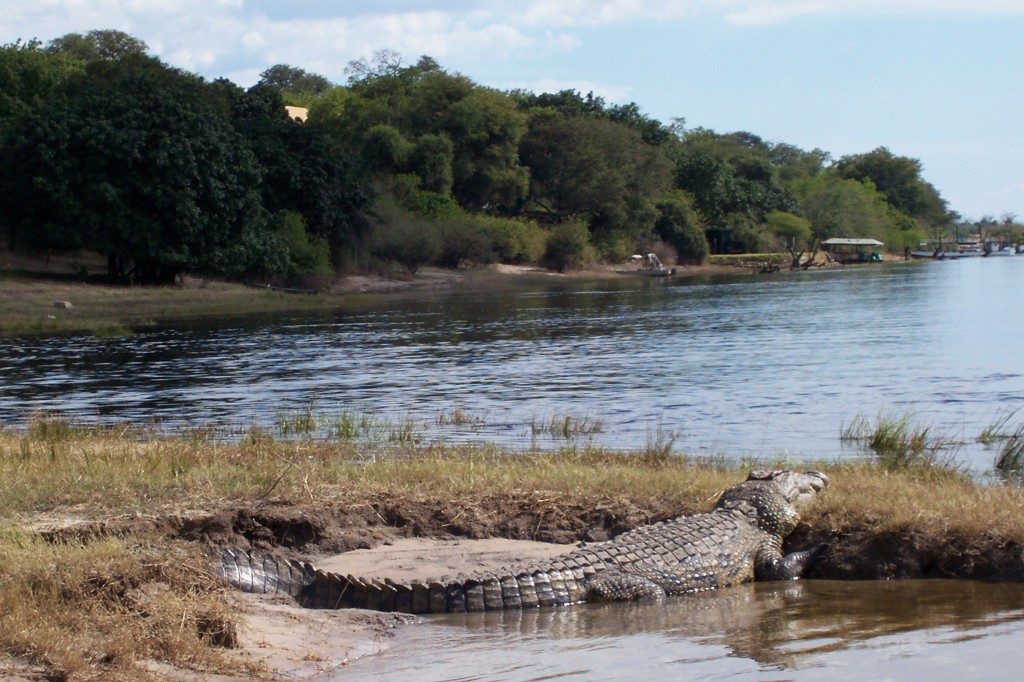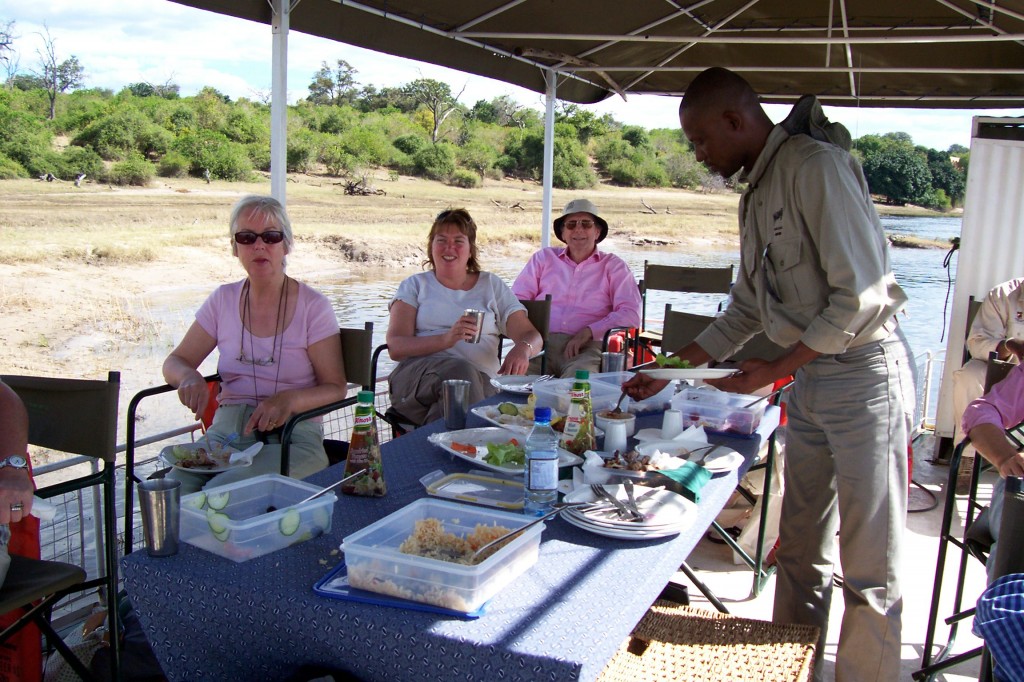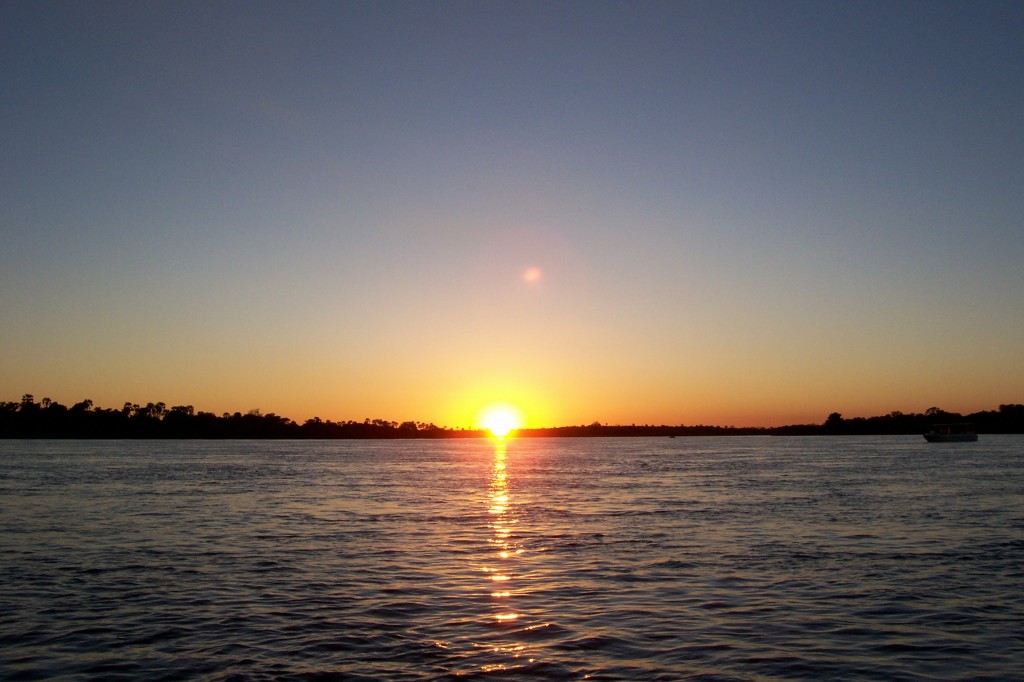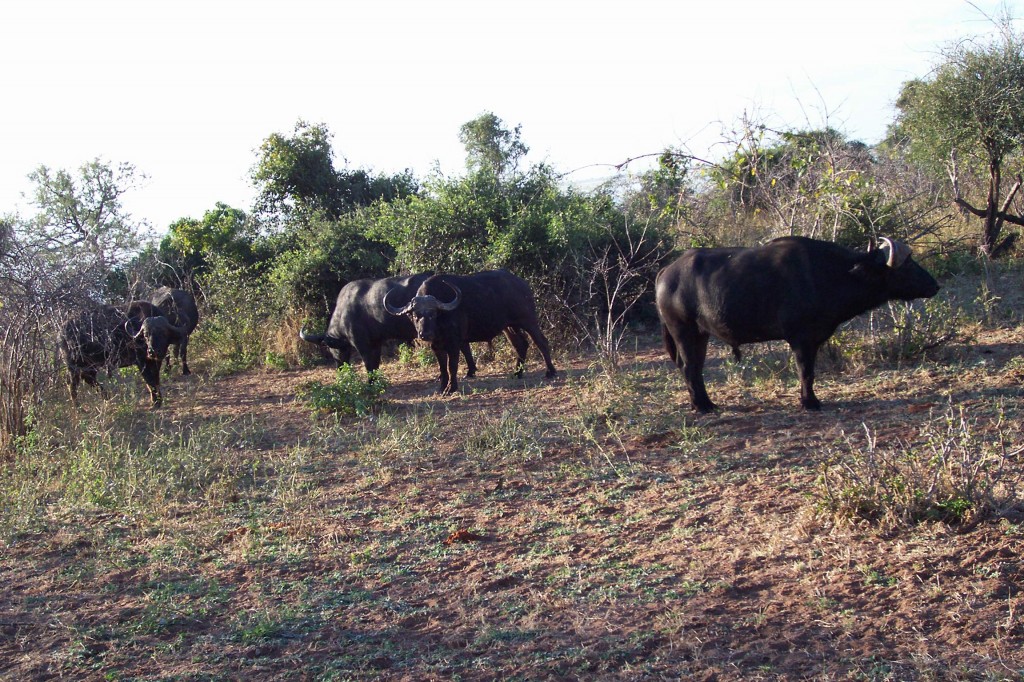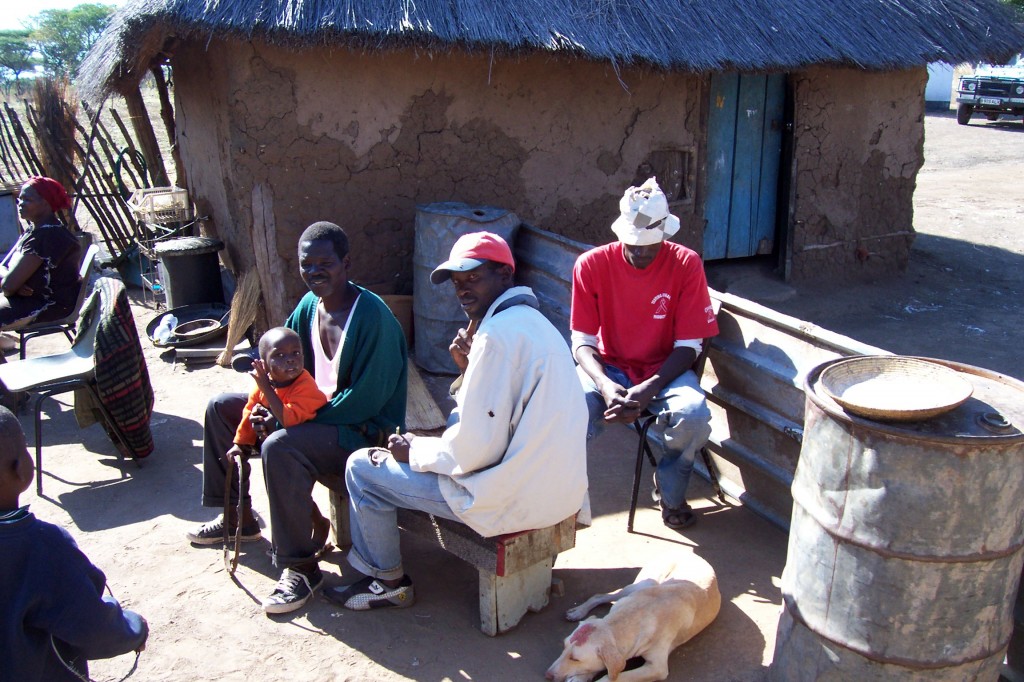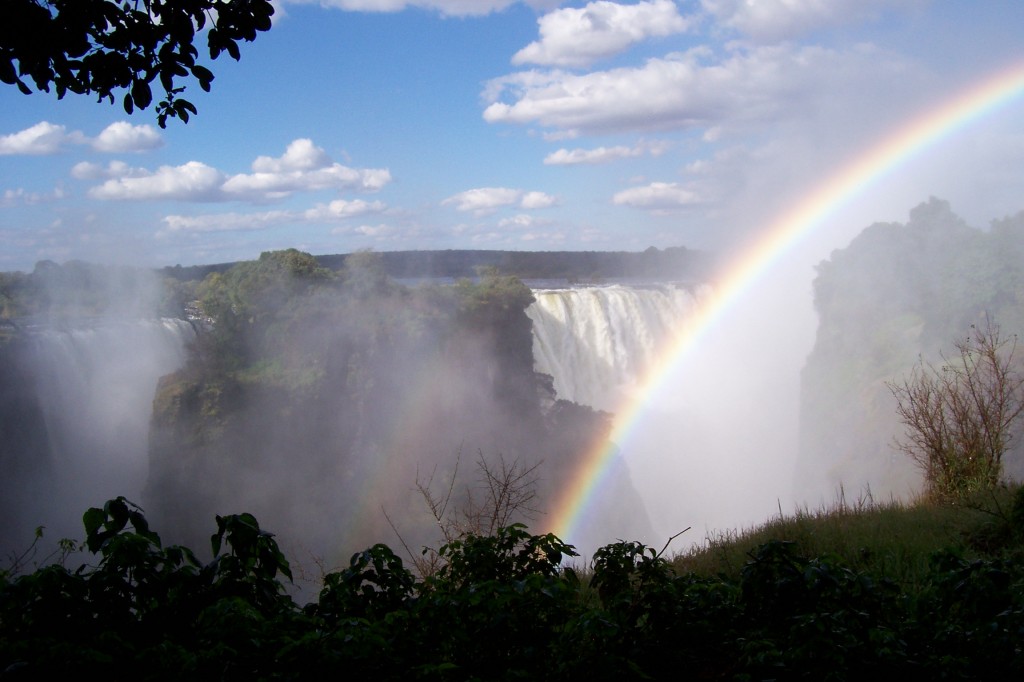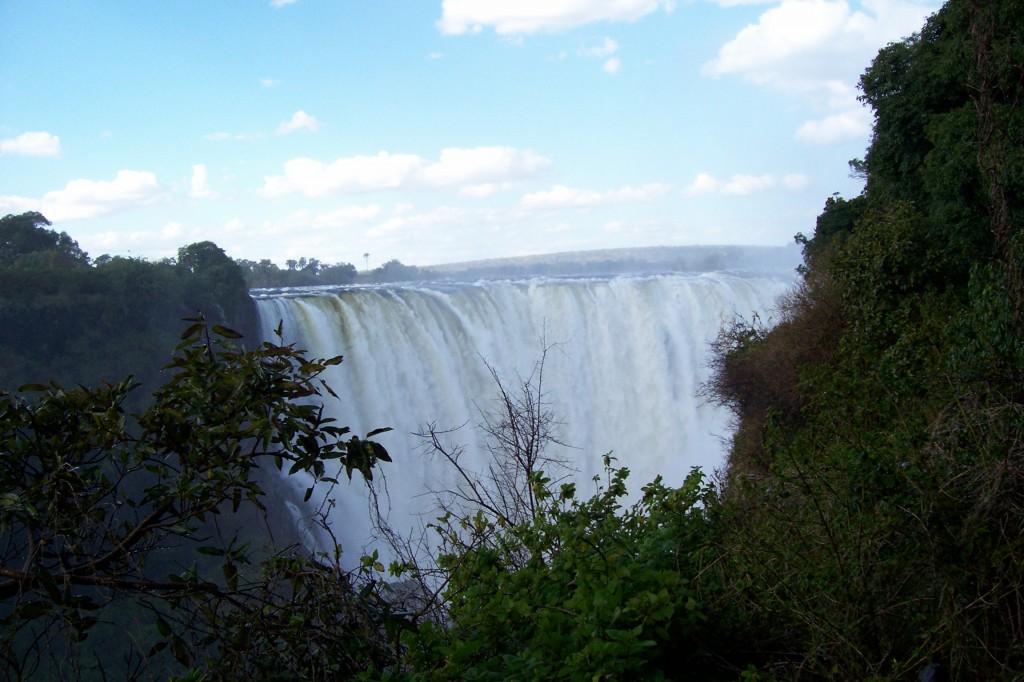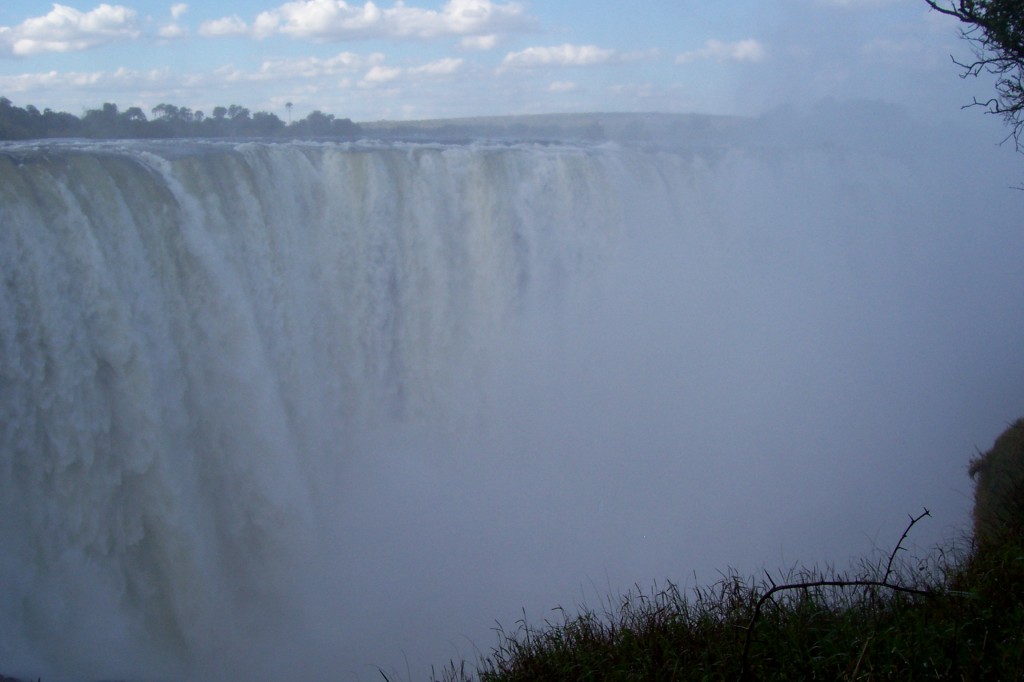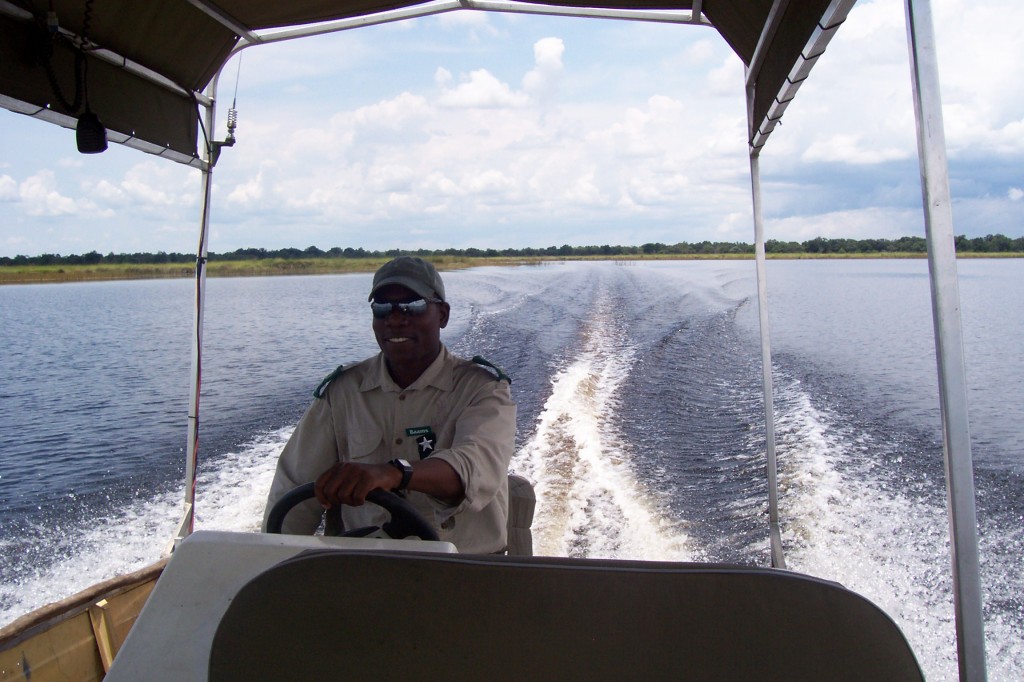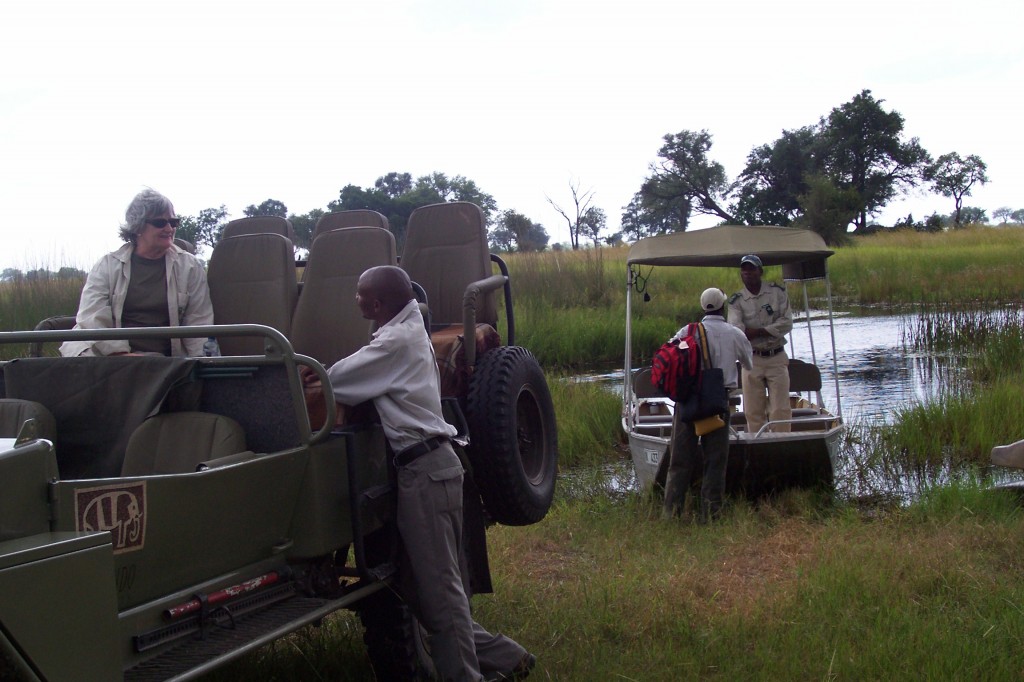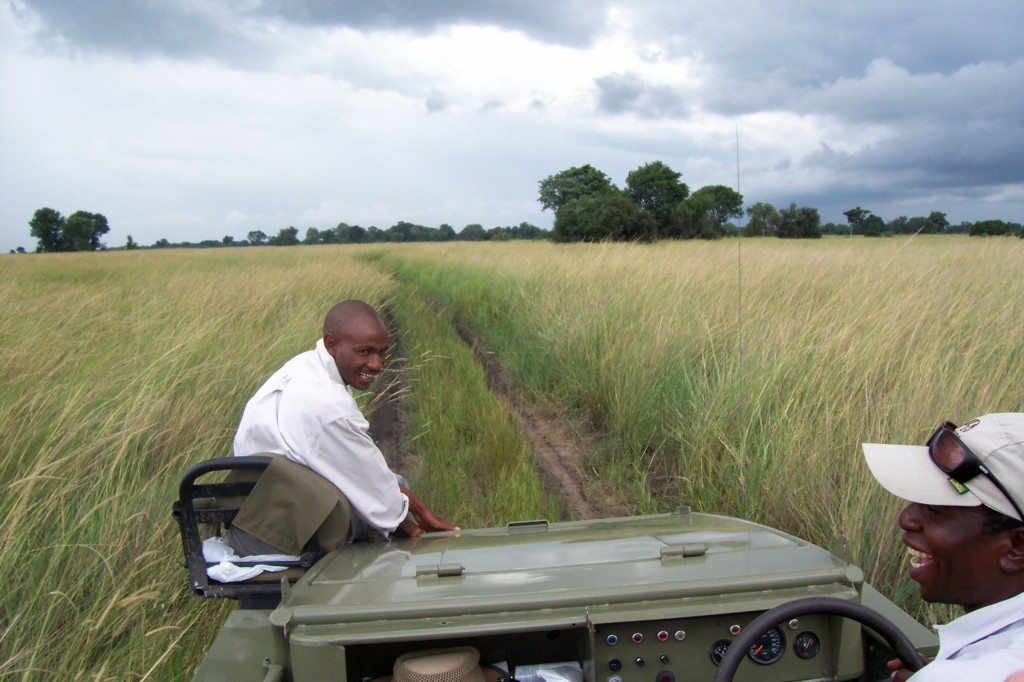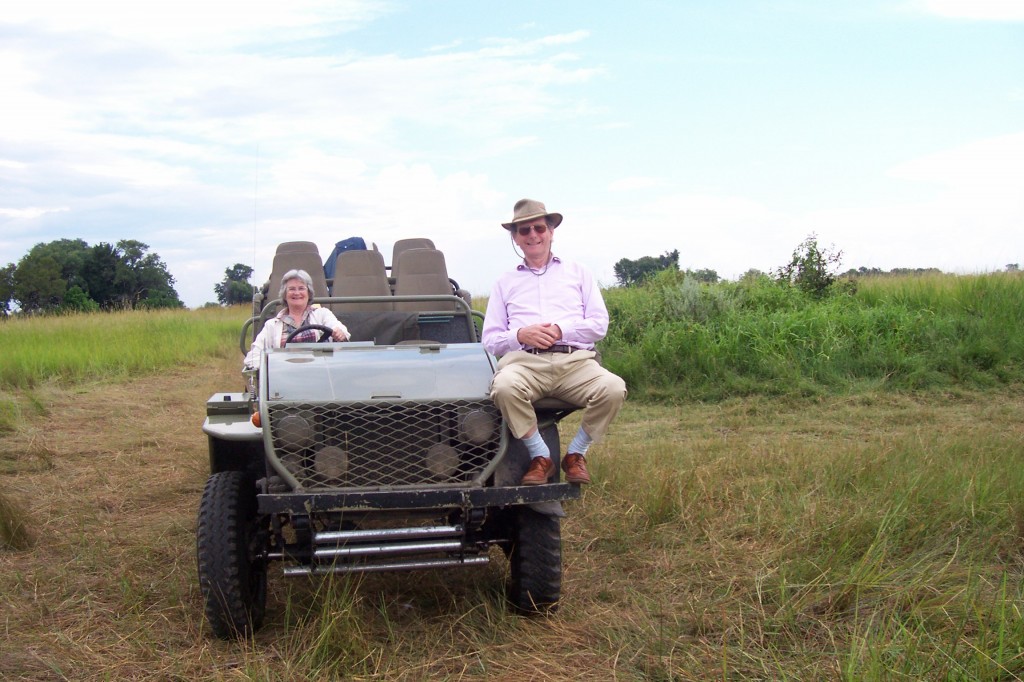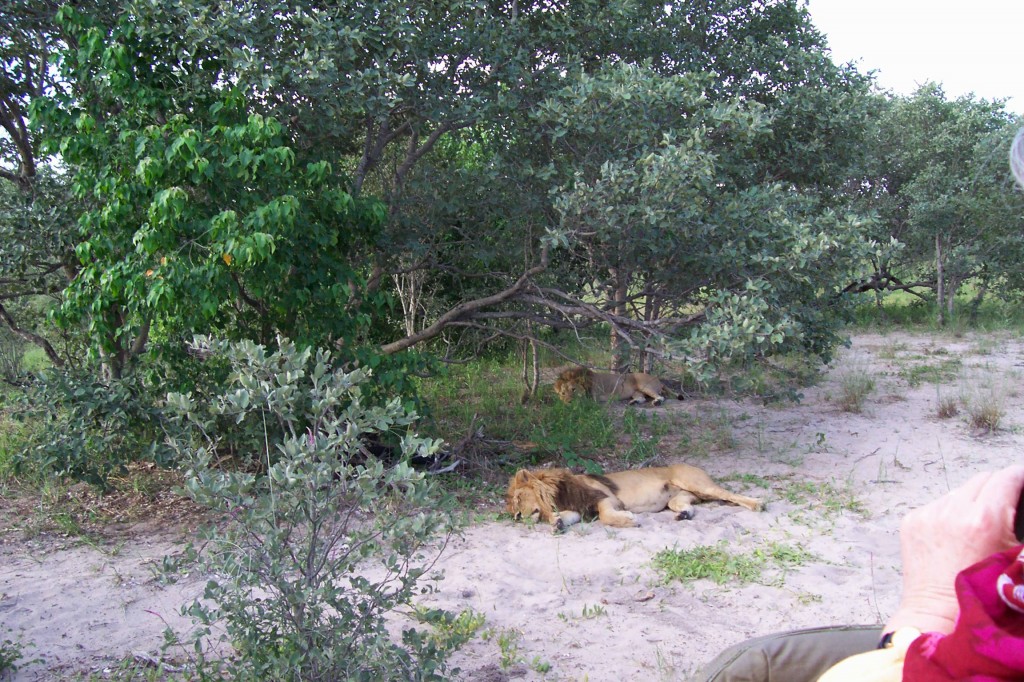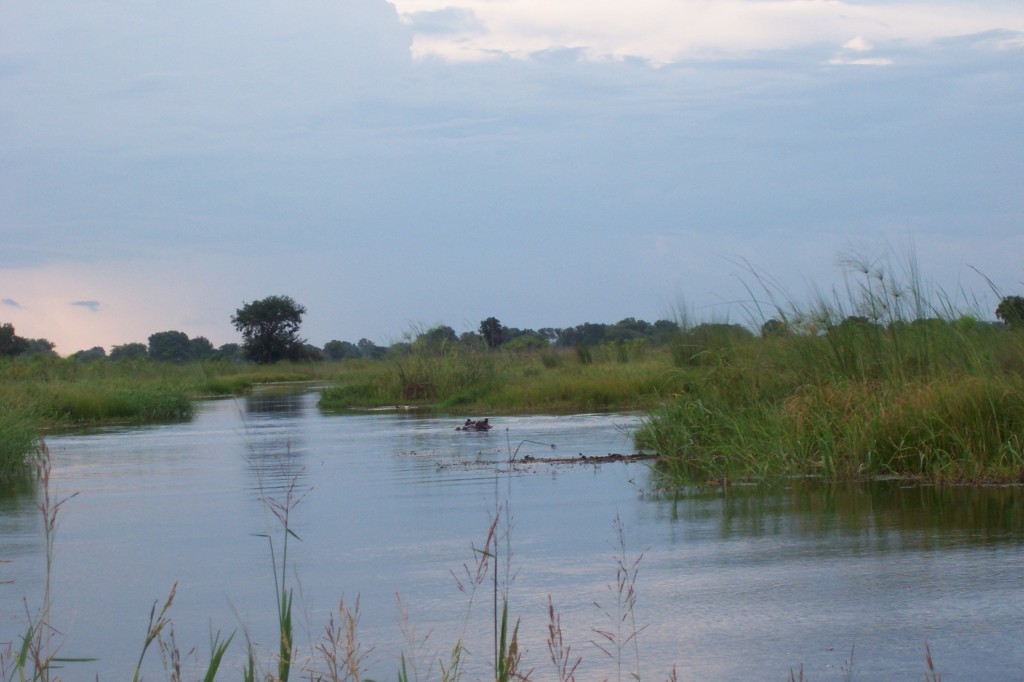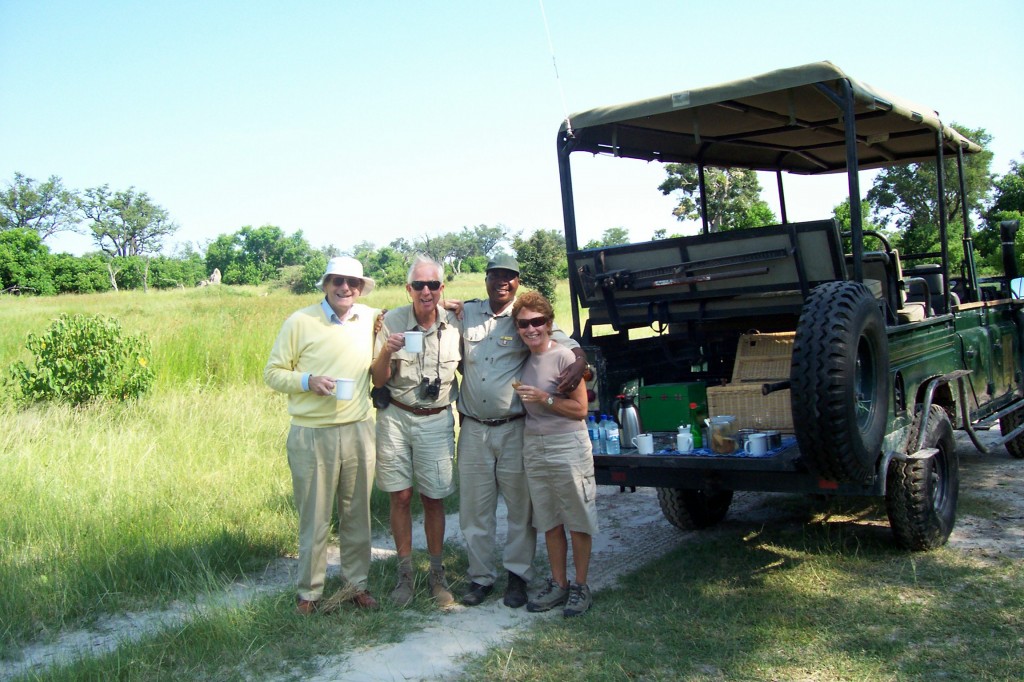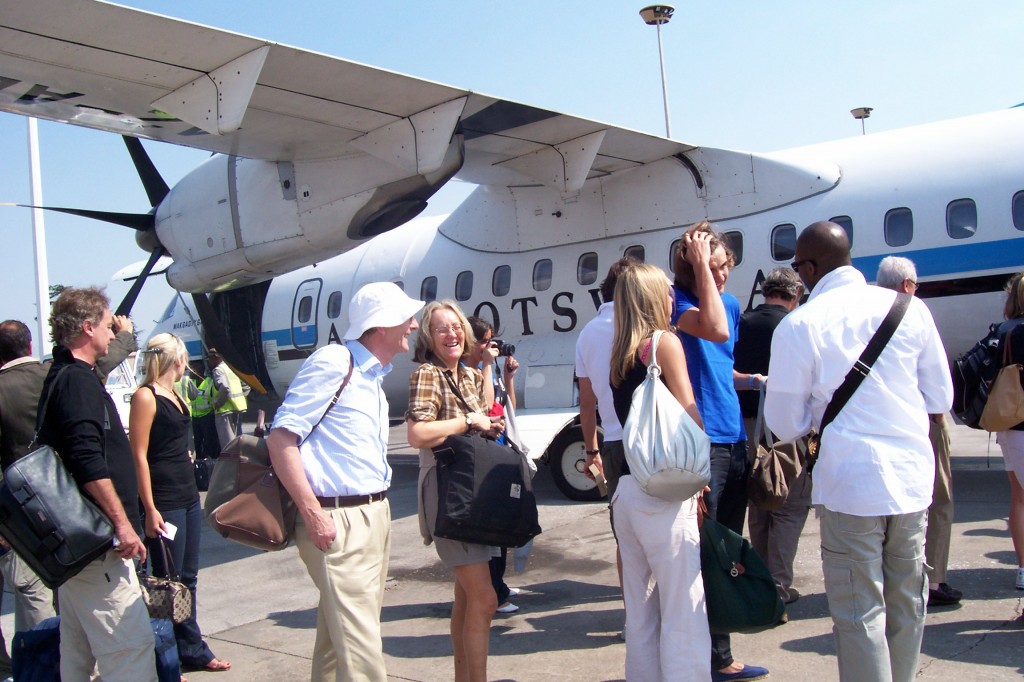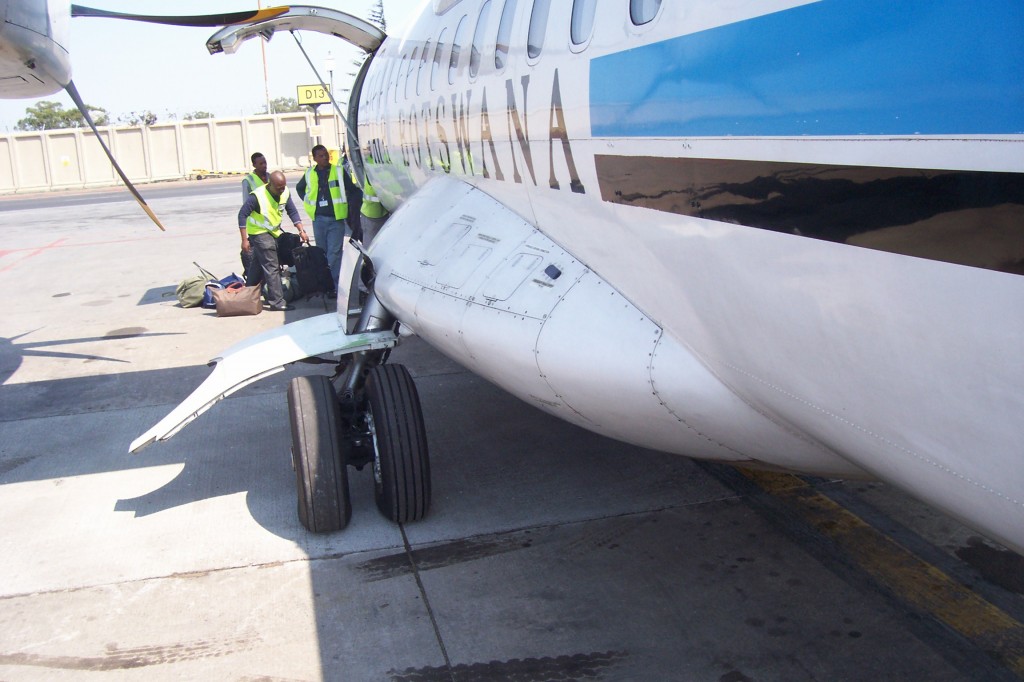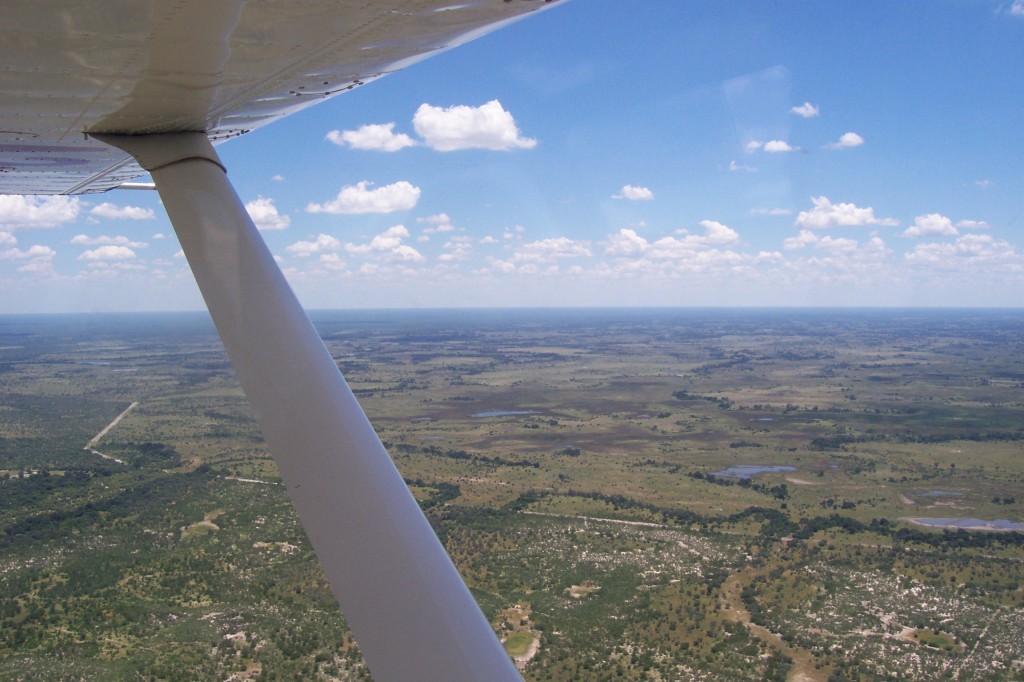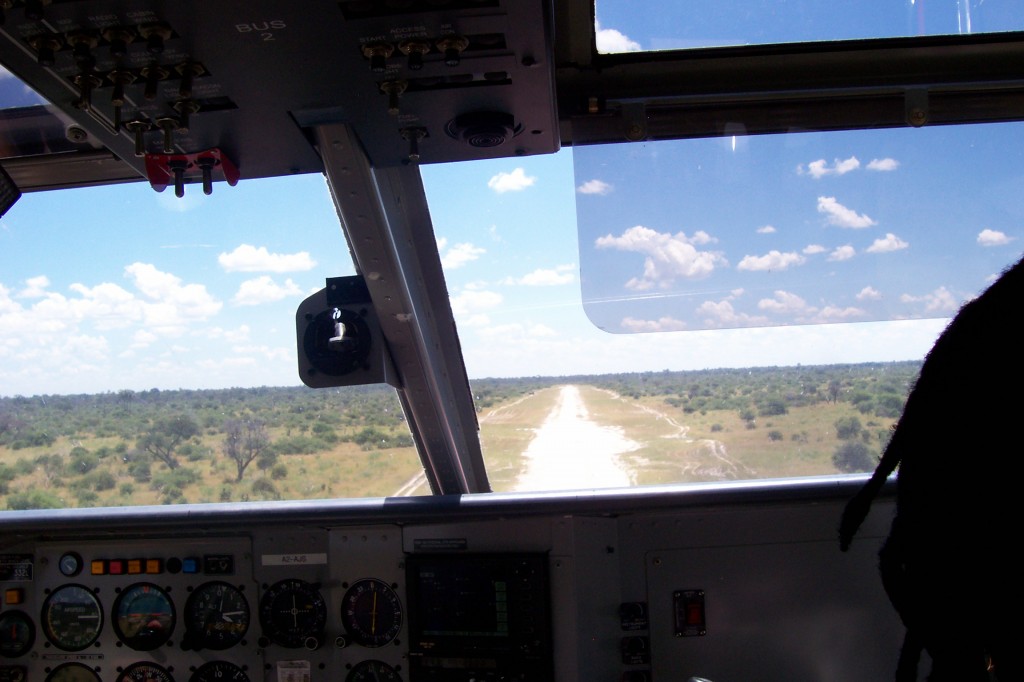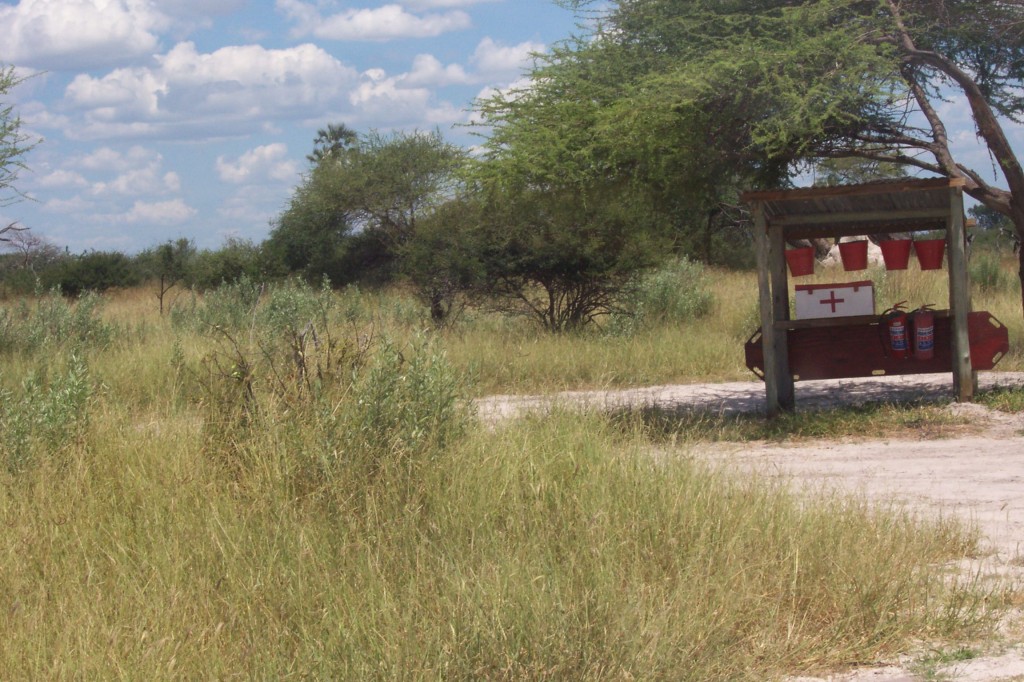A shortened version of this piece was published in ‘The Irish Times’ on 17th July 2012
‘When the soul of man is born in this country there are nets flung at it to hold it back from flight. You talk to me of nationality, language, religion. I shall try to fly by those nets.
Davin knocked the ashes from his pipe.
Too deep for me, Stevie, he said. But a man’s country comes first. Ireland first, Stevie. You can be a poet or mystic after.
Do you know what Ireland is? asked Steven with cold violence. Ireland is the old sow that eats her farrow.’ James Joyce Portrait of the Artist as a Young Man
All my life I have had a sense of wanting to ‘fly by those nets,’ to avoid the constraints of nationality, language and religion. My family came to Ireland in the early nineteenth century from England, but originally from Scotland. My paternal grandfather who died in 1909 was in the army in Ireland and in India. His brother was a surgeon in the Indian Army. In 1885 my grandfather was a member of the famous Nile Expedition that was sent to rescue General Gordon in Khartoum. After the expedition had failed he was posted back to Ireland and ended up as a recruitment officer at the barracks in Wexford where he died. My father was born in Wexford and I was born there thirty years after my grandfather’s death. That’s how I came to be a ‘yellow-belly.’ Both my parents who were adult in 1922, as citizens gave the new state their full, but not uncritical, loyalty.
Since I was a boy, born and brought up in the south of Ireland, I have always wanted to free myself from the narrow, self-conscious and extravagant national pride that was all around me. I was born only seventeen years after independence so as I grew up I heard at every turn the espousal of Ireland and everything Irish, but always felt that ‘self praise is no praise.’ I became aware that this narrow and extravagant Irish Nationalism came from a national inferiority complex that resulted from having been a colonised people. Some teachers indoctrinated young children with a nationalism that sometimes amounted to hatred of Britain and then we wonder why violent republicanism still rears its ugly head. If you sow the wind you reap the whirlwind.
I once heard a language enthusiast on radio say that unless you speak Irish you’re not a proper Irishman. According to this principle I am numbered among the ninety five percent or more defective Irish people. I have always, however, been in favour of preserving the spoken language as far as possible. I marvel at the naïveté of Irish governments that believed the making of Irish compulsory in schools would result in due course in the general use of the language in everyday life. Two different native speaker friends who love their first language and use it when they can, independently have told me that sometimes so bad is the Irish that they hear spoken on radio and television they cannot bear to listen to it and they turn it off.
Having been brought up a member of the Church of Ireland in the post independence period of triumphalist Catholicism, I was made to feel an outsider. For so many people, both in Ireland and outside, Irish is synonymous with Roman Catholic. However, Brendan Corish, the leader of the Labour party in the 1960s went even further and, contrary to Davin’s belief, said publicly: ‘I am a Catholic first and an Irishman second,’ I resented being seen by fellow countrymen as being Irish but not the full shilling. I also resented that being Irish, foreigners expected me to sit lightly to the law and to have an ongoing affair with alcohol.
How then am I Irish?
I am Irish pure and simple. I am as Irish as the most extreme republican, as the greatest enthusiast for and most fluent speaker of the Irish language and as the most fervent Roman Catholic. I am neither proud nor ashamed of it. It was an accident of birth. I am glad that I am Irish and I know that I could never live contentedly outside Ireland. There are characteristics of Irish people that I appreciate: generosity to the afflicted, welcome to the stranger, relaxed approach to living and a particular sense of humour. However none of these is exclusive to our people; they are all present to varying degrees in the character of the people of other nations. We are not God’s gift to the world. We are one of a multitude of peoples on the planet who happen to live together within particular national boundaries. There are characteristics of many Irish people that I do not appreciate, for example the selfishness of being so laid back as to be unreliable and believing that the destructive use of alcohol is funny. These two, of course, are not exclusive to us either.
I’m not a Kerry Republican, a Dublin 4 Nationalist nor an Ulster or any other kind of Unionist. I’m not a gaelgóir or a Roman Catholic, on the other hand I am not Anglo Irish in any sense; I don’t possess, nor ever did possess, a horse! Nor have I an emotional home in England. There are characteristics of English people and people of other nationalities that I appreciate, but I don’t want to be other than Irish. I am simply a human being that happens to have been born on the island of Ireland, and I’m glad that I was.





